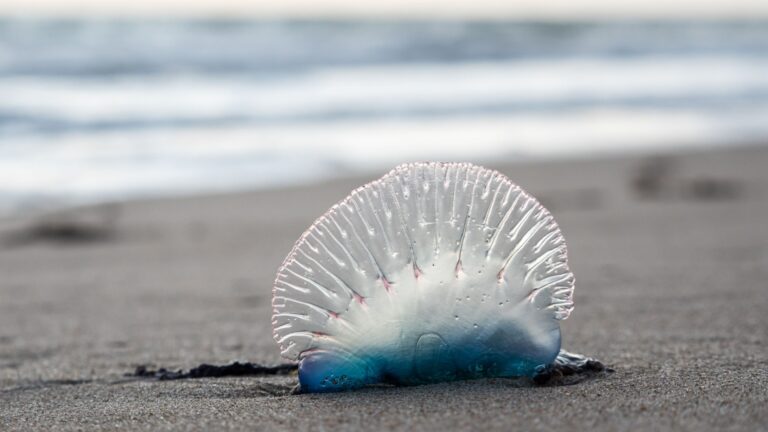15 Immediate Steps To Take If Your Cat Has Ingested Poison
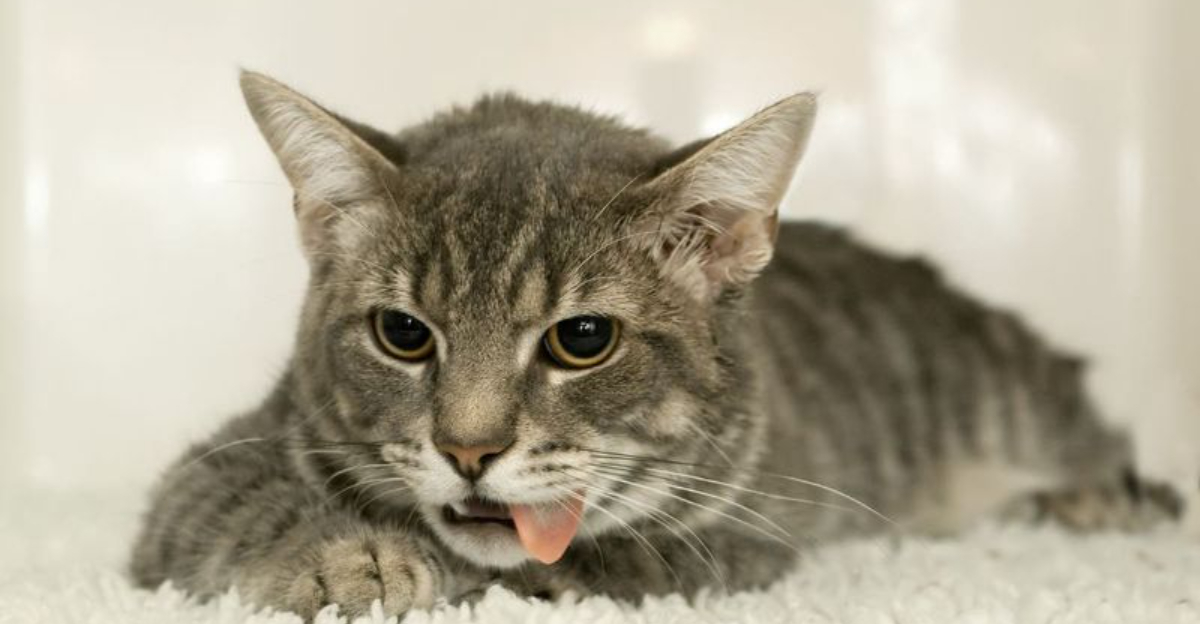
It’s a startling thought: one moment your whiskered friend is purring happily, the next, they’re in distress. When a cat gets ahold of something they shouldn’t have—like that curious plant or a spilled concoction—it’s essential to act swiftly.
Here’s a playful yet essential guide for those dreaded moments when your furry explorer goes rogue.
1. Identify The Poison
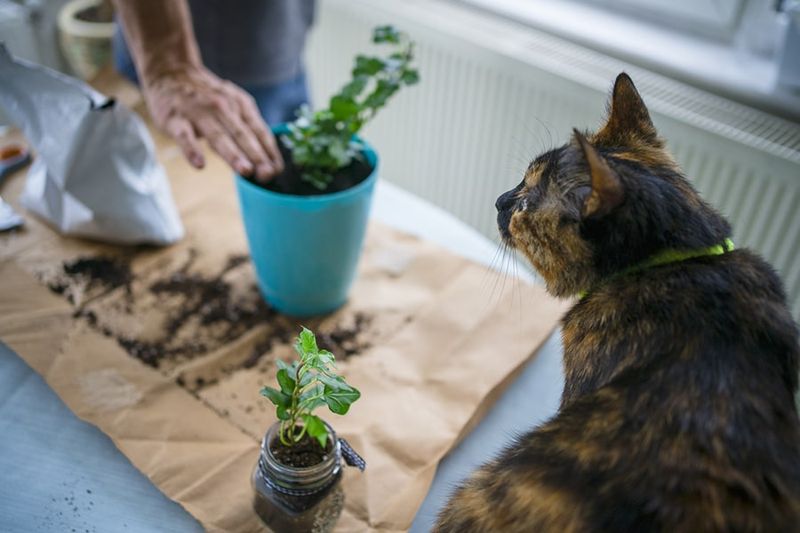
Ever played detective in your own home? Now’s your chance! Quickly scan your surroundings to identify what might have been swallowed. Was it that droopy houseplant or some sneaky laundry detergent? The faster you spot the culprit, the quicker you can help your feline friend.
2. Stay Calm
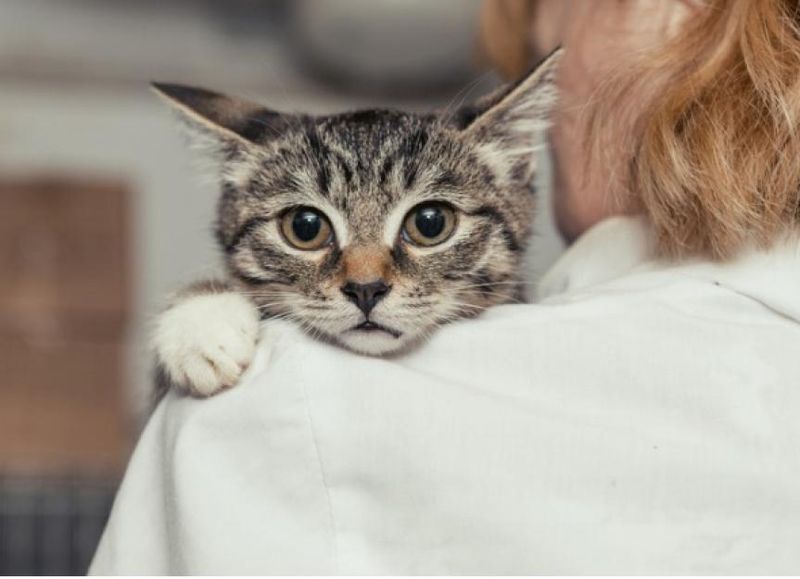
Here’s a quirky tidbit: cats often mirror our emotions. So before you hit the panic button, take a deep breath. Staying calm helps you think clearly and keeps your kitty from getting more anxious. Think of it as channeling your inner zen master, all for your fur baby.
3. Contact A Vet
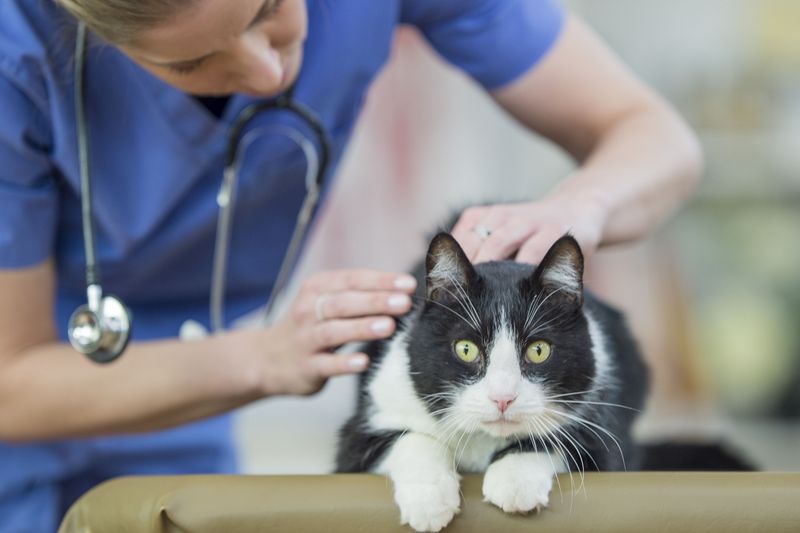
Who ya gonna call? Not Ghostbusters, but definitely your vet! Dial their number pronto to get expert guidance. They’re your lifeline in this situation, ready to offer advice on the next steps. Keep your phone close and your vet’s number closer.
4. Follow Vet’s Instructions
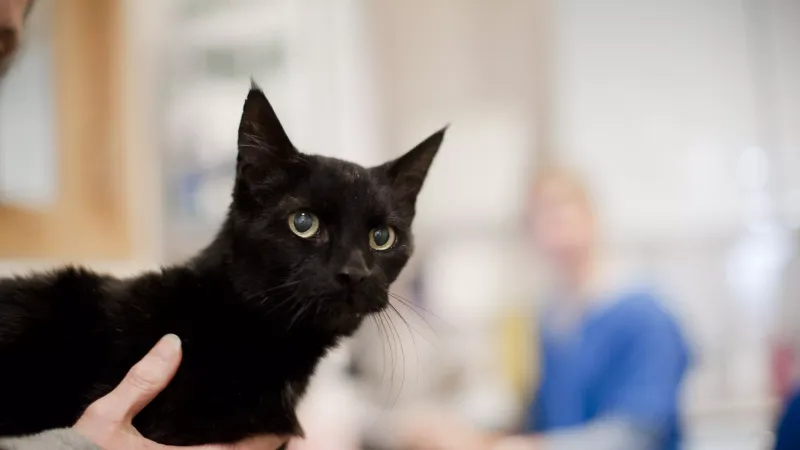
Listening ears on! Once you have your vet on the line, follow their instructions like a treasure map. It’s not just about hearing; it’s about doing. Implement their guidance to the letter, as it’s tailored to saving your feline friend.
5. Remove Potential Poisons
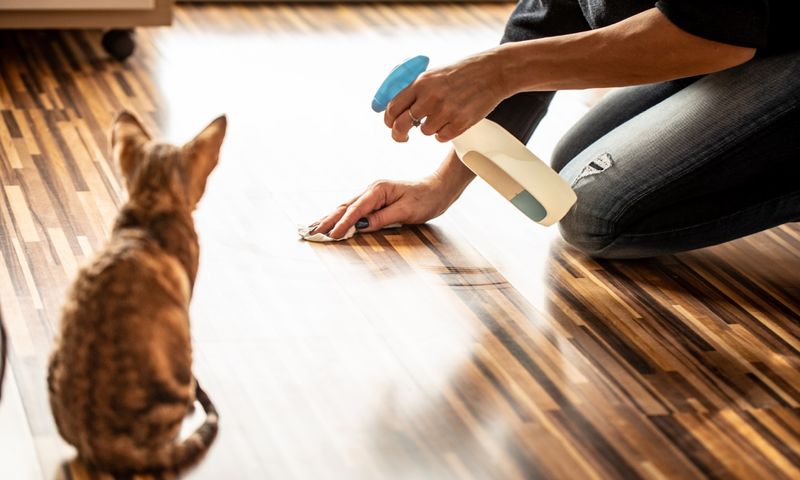
Imagine playing a game of hide and seek, but with toxins. Quickly remove any potential poisons from the area once identified. Cats are curious creatures, and prevention is the best cure. Make your home a safe zone for your whiskered companion.
6. Monitor Your Cat
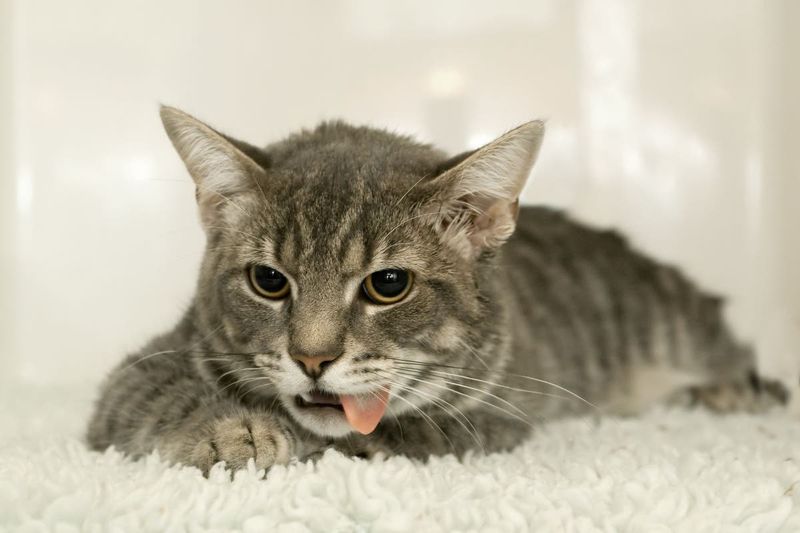
Remember the saying, “watch like a hawk”? Well, keep a close eye on your kitty. Note any changes in behavior, appetite, or litter box habits. This information is crucial for your vet and can be a lifesaver in your cat’s recovery journey.
7. Prevent Further Exposure
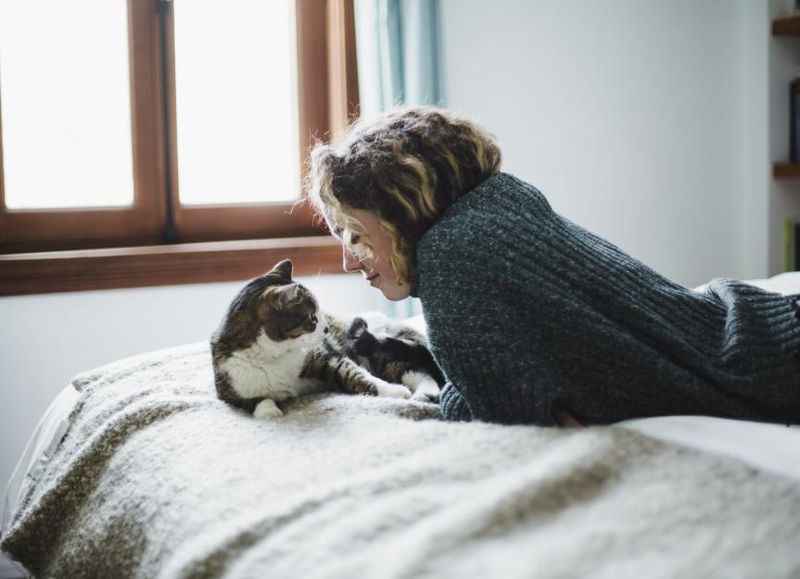
Ever built a fort as a kid? Time to use those skills! Ensure your cat doesn’t revisit the toxic area. Block off spaces or remove the kitty temptation altogether. Secure the perimeter so your feline explorer isn’t tempted to go back.
8. Educate Yourself On Poisons
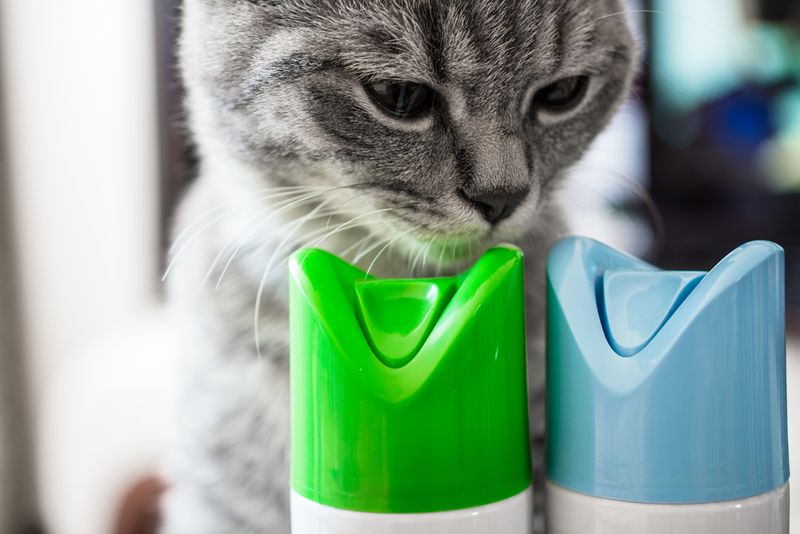
Did you know chocolate is a no-no for cats? Equip yourself with knowledge on common cat toxins. The more informed you are, the better you can protect your furry friend from future mishaps. Become the encyclopedic guardian every cat deserves.
9. Act Quickly With Induced Vomiting
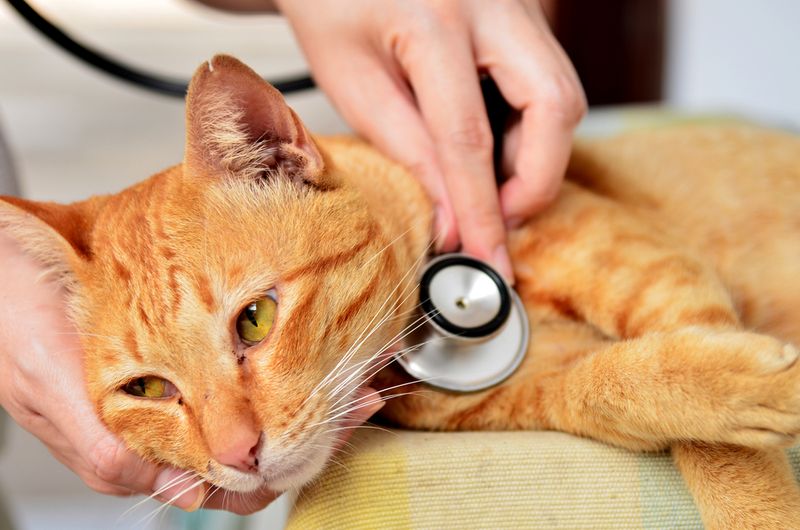
Sometimes, seconds count. If advised by your vet, inducing vomiting can help expel the poison. But beware, this is a vet-directed move! Only proceed if explicitly told to do so. It’s a balancing act between urgency and caution.
10. Use Activated Charcoal
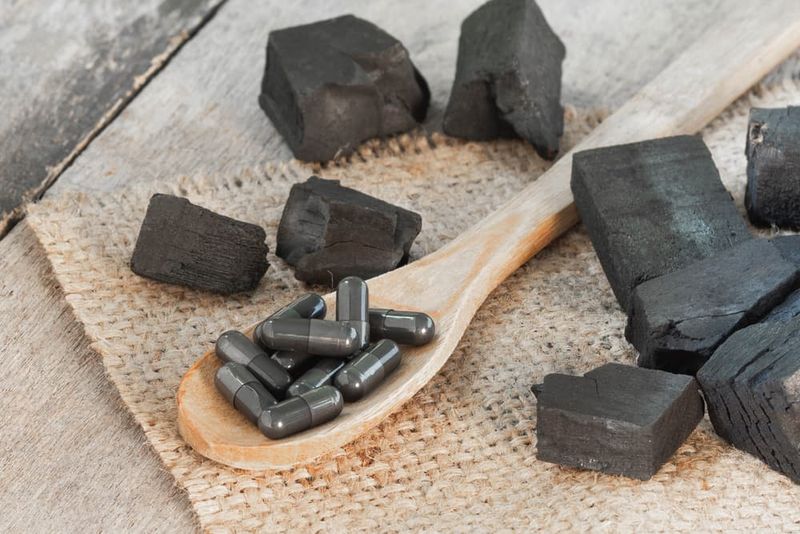
Here’s a fun fact: activated charcoal can sometimes bind toxins. If recommended by your vet, administer it carefully. It’s like giving your cat a superhero shield against toxins. But remember, this should only be done with professional guidance.
11. Hydrate Your Cat
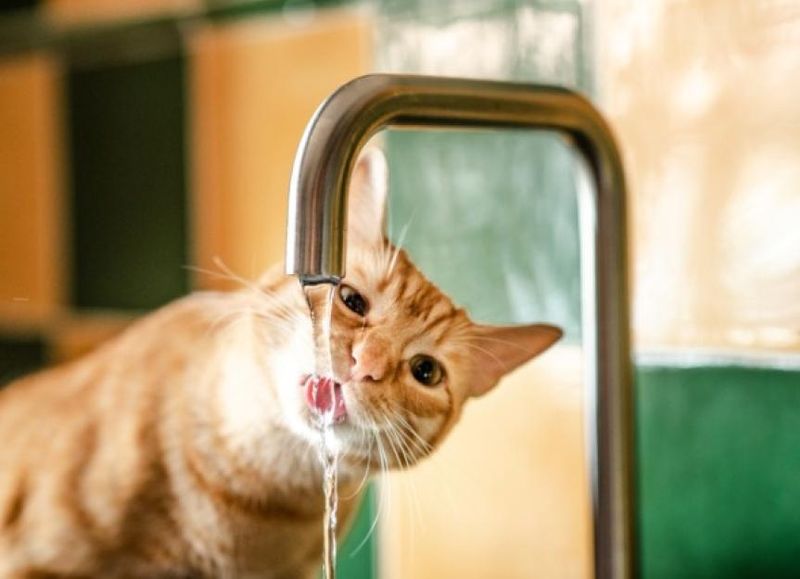
Have you ever been super thirsty? Imagine how your cat feels right now. Keep your feline hydrated, as water helps flush out toxins. Offer fresh water and encourage drinking. It’s a simple step but crucial for recovery.
12. Observe For Signs Of Improvement
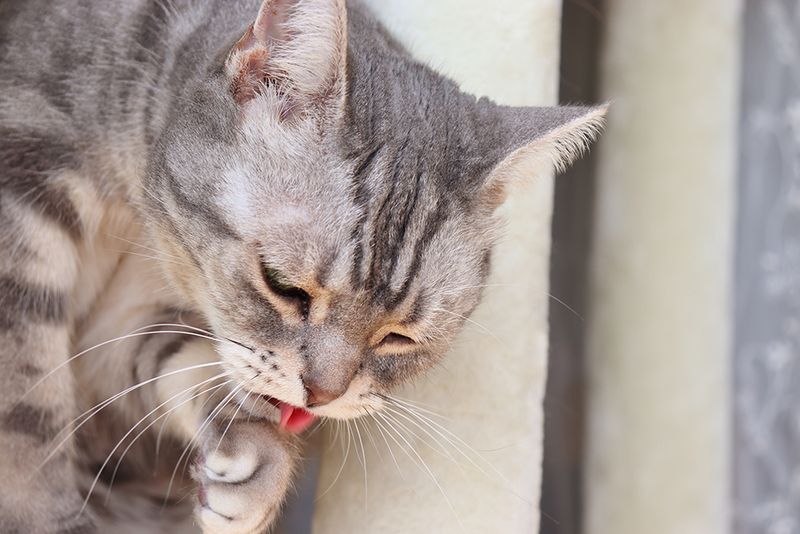
Look for that silver lining! Monitor your cat for any signs of improvement. Whether it’s a wagging tail or a return to purring, these little signs of recovery can bring immense relief. Keep noting changes and inform your vet of any updates.
13. Keep Emergency Numbers Handy
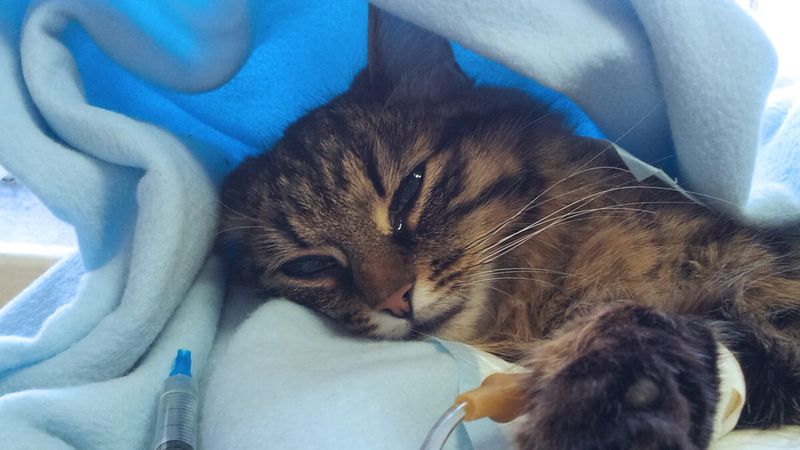
Think of it as your cat emergency toolkit. Always have essential numbers within reach. Whether it’s the vet, animal poison control, or a pet-savvy friend, ensure you’re never caught off guard. Preparation is the name of the game.
14. Consult Poison Control

Sometimes, it’s good to get a second opinion. Consulting an animal poison control center can offer additional advice and reassurance. They are the experts in the field and can provide vital information to help your cat’s recovery.
15. Plan For Future Accidents
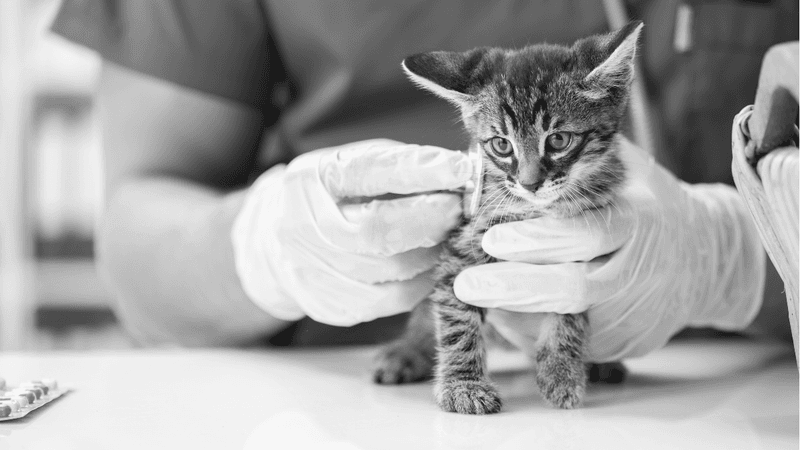
Ever heard of ‘better safe than sorry’? Prepare a plan for any future mishaps. Secure potential poisons and keep safety supplies handy. Learning from this experience ensures you and your cat are ready for anything life throws your way.


